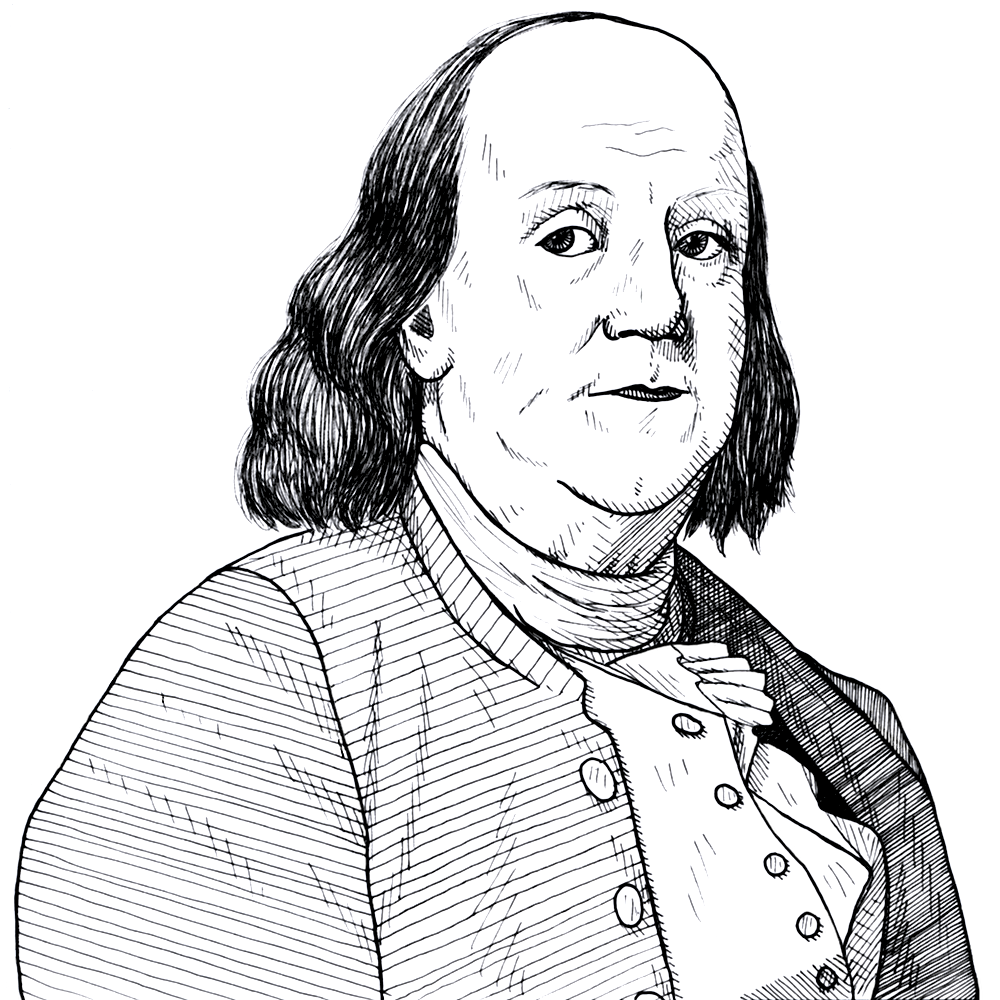
Benjamin Franklin and the Need for Unity among the Colonies
Found in: The Works of Benjamin Franklin, Vol. II Letters and Misc. Writings 1735-1753
Benjamin Franklin was one of the earliest promoters of the idea of a union of the English colonies in North America, as can be seen in the following quotation.
Colonies, Slavery & Abolition
…I imagine such an union might thereby be made and established; for reasonable, sensible men, can always make a reasonable scheme appear such to other reasonable men, if they take pains, and have time and opportunity for it; unless from some circumstances their honesty and good intentions are suspected. A voluntary union entered into by the colonies themselves, I think, would be preferable to one imposed by parliament; for it would be perhaps not much more difficult to procure, and more easy to alter and improve, as circumstances should require and experience direct. It would be a very strange thing, if Six Nations of ignorant savages should be capable of forming a scheme for such an union, and be able to execute it in such a manner, as that it has subsisted ages, and appears indissoluble; and yet that a like union should be impracticable for ten or a dozen English colonies, to whom it is more necessary and must be more advantageous, and who cannot be supposed to want an equal understanding of their interests. (FROM: Philadelphia, March 20, 1751)